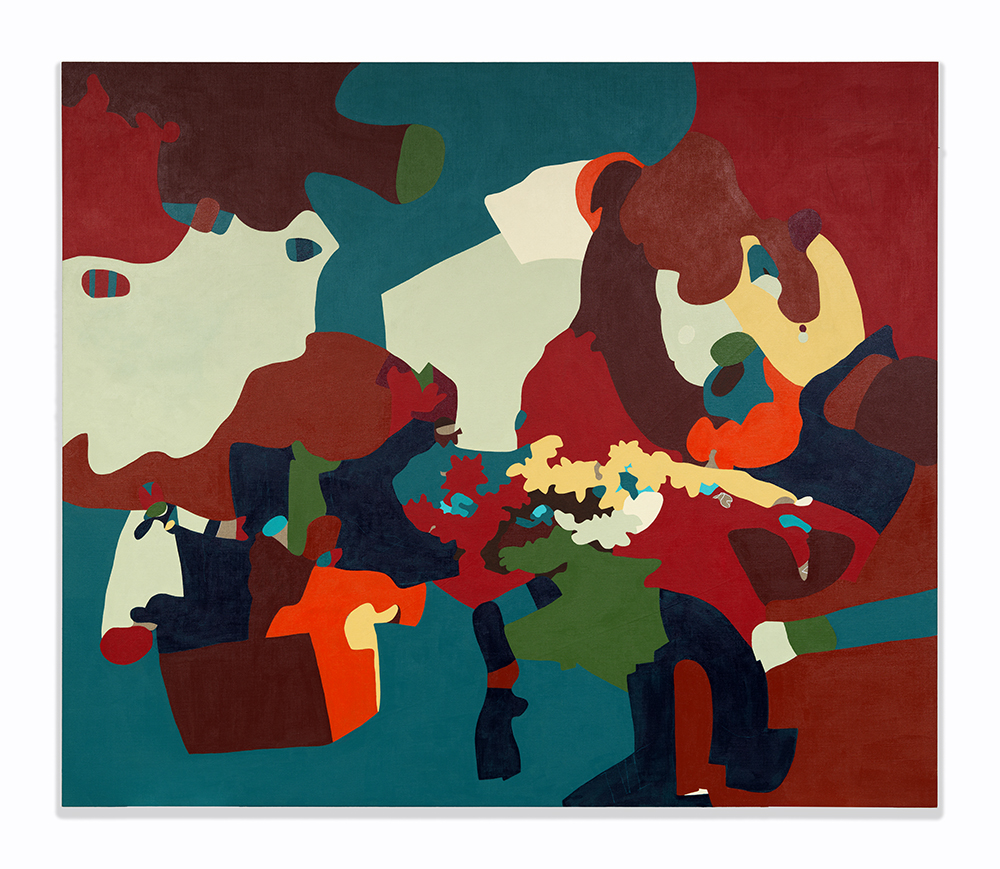Candida Alvarez
Alex Katz Chair in Painting (Fall 2024)
Candida Alvarez is widely regarded as one of her generation’s most highly innovative and experimental painters. Her work has been collected by the Art Institute of Chicago, Museum of Contemporary Art Chicago, Whitney Museum, San Jose Museum of Art, El Museo del Barrio, Pérez Art Museum, Miami, Virginia Museum of Fine Arts, Addison Gallery of American Art, Baltimore Museum of Art, among others. Alvarez is a 2024 recipient of the Trellis Art Fund award. She has also received the Arts and Letters Award in Art by the American Academy of Arts and Letters, a 2022 Mellon Foundation Latinx Artist Fellowship, the 2021 Helen Frankenthaler Award for Painting by the Foundation for Contemporary Art, NY, and was awarded a Joan Mitchell Foundation Painter and Sculptors Grant in 2019. In 2023, Alvarez was artist in residence at “Studio of the South”, a residency commissioned by the LUMA Foundation artist Laura Owens, Arles, France and at Skowhegan School of Painting & Sculpture, ME. Alvarez is an alum of the Yale School of Art, Skowhegan School of Painting and Sculpture and was the first Latina woman to hold the F.H. Sellers Professor in Painting at the School of the Art Institute of Chicago, where she is now Professor Emerit. Alvarez is represented by Monique Meloche Gallery, Chicago, IL.

Sunny and Nice, 2024
Acrylic on linen
72 x 84 inches
Photo Credit: Tom Van Eynde
Courtesy of Monique Meloche Gallery




